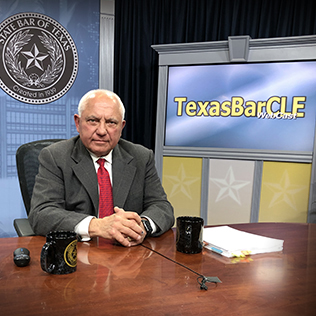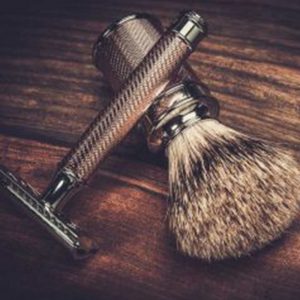 Michael Pezzulli conducted a live webinar for the State Bar of Texas on a popular topic, “Criminal Law and Civil Litigators: A Review of Three Little Known Federal Statutes and Parallel Prosecution” in March 2019. Attorneys with civil audit cases with a potential risk of criminal prosecution need to be aware of the many challenges involved to prepare appropriate, balanced strategies for their clients.
Michael Pezzulli conducted a live webinar for the State Bar of Texas on a popular topic, “Criminal Law and Civil Litigators: A Review of Three Little Known Federal Statutes and Parallel Prosecution” in March 2019. Attorneys with civil audit cases with a potential risk of criminal prosecution need to be aware of the many challenges involved to prepare appropriate, balanced strategies for their clients.
The curriculum fulfills 1.50 hours toward Texas MCLE requirements (.75 ethics hours). Attorneys active in the State Bar of Texas can access the recorded webinar (MCLE No: 174038645) at the Texas Bar CLE website. With this topic in high demand, Pezzulli has made the presentation handout available for anyone to download here: Pezzulli SBOT Presentation March 2019
 Texas Law Updates
Texas Law Updates


 by Michael Pezzulli
by Michael Pezzulli




 Attorney-Client Privilege in Civil Litigation, 2nd Edition 1997 – American Bar Association
Attorney-Client Privilege in Civil Litigation, 2nd Edition 1997 – American Bar Association